Inside One MARSOC Team’s Fight for Justice After False War Crimes Allegations
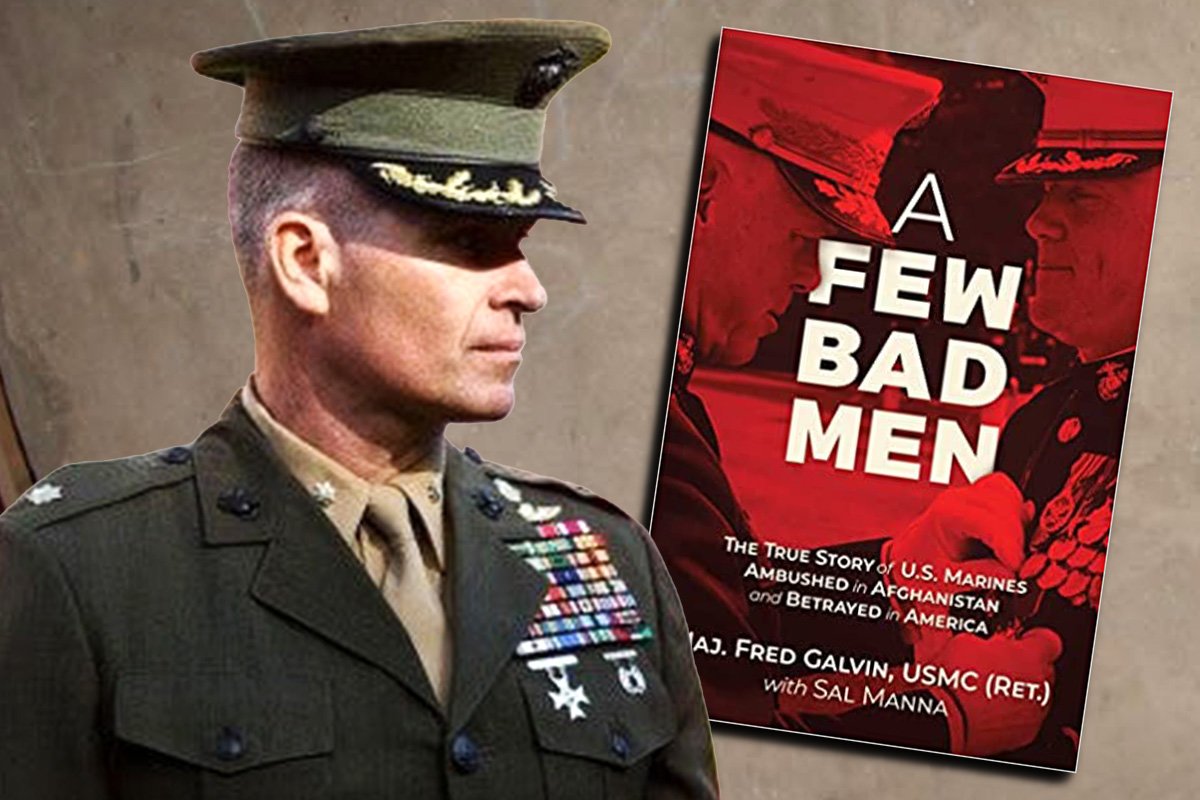
Retired Maj. Fred Galvin, who commanded the first MARSOC unit, is the author of A Few Bad Men, released on June 7, 2022. Composite by Coffee or Die Magazine.
When Marines from Fox Company first neared Bati Kot early in the morning on March 4, 2007, the district was bustling with men, shrouded women, and playful children. But when the 30-man platoon drove through again three hours later, the streets had fallen eerily quiet. Only fighting-age men remained in sight, lined up on the side of the road the Americans referred to as “Hell’s Highway.”
Then a van rammed into the second vehicle in the convoy and exploded.
An orange fireball roared into the sky. Hot shrapnel fell like raindrops on the six vehicles in the convoy. As the smoke cleared, Maj. Fred Galvin barely had time to realize that the men in vehicle two were alive before another car hurtled toward the side of the convoy. Three men hung out the windows, shooting at the Marines with AK-47s.
One Marine turret gunner beat out the flames on his body armor and unleashed a hail of bullets on the oncoming car, stopping it in its tracks. But a new barrage of small-arms fire started coming from the other side of the road.
As the Marines made their escape from the complex ambush, still under fire from multiple directions, a mob had gathered on the road, blocking it with a car and their bodies. A turret gunner fired a warning shot above their heads, and the crowd quickly dispersed, allowing the Marines to drive around the roadblock and back to the safety of Jalalabad Airfield.
Then the real nightmare began.
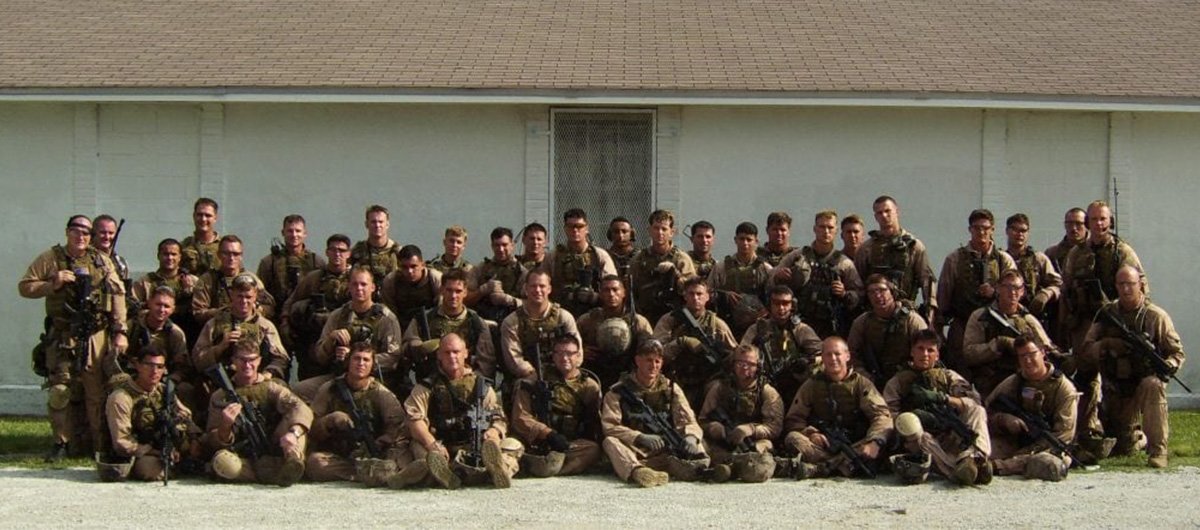
Galvin has spent more than a decade fighting to clear his Marines’ names after he says the world painted them as war criminals who slaughtered innocent civilians in their race to escape Bati Kot. Galvin’s book, A Few Bad Men: The True Story of U.S. Marines Ambushed in Afghanistan and Betrayed in America, released Tuesday, June 7, presents a page-turning account of the ambush and how Galvin says top leaders in the US military sold out the members of Marine Special Operations Company Foxtrot, or Fox Company, declaring them guilty before they’d even been investigated.
“No one in the military chain of command was willing to stand up and defend us,” writes Galvin, who served nearly 27 years in the Marine Corps.
In 2007, Galvin was the commander of Fox Company, the first unit to deploy to combat as part of the Marine Corps’ new special operations force under Marine Special Operations Command, or MARSOC. After less than a month in Afghanistan, his 30-man platoon was ambushed by a suicide bomber and roadside insurgents.
Misinformation had begun to spread before the platoon made it back to base, Galvin told Coffee or Die Magazine. Locals alleged the MARSOC team had gone crazy, gunning down civilians.
“Village elders provided a ridiculous story that we were drunk and that we got out of our vehicles and went door to door, sport-killing women and children,” Galvin said. “And that there was no car bomb, that Marines used slingshots and grenades to make it appear that there was a car bomb.”
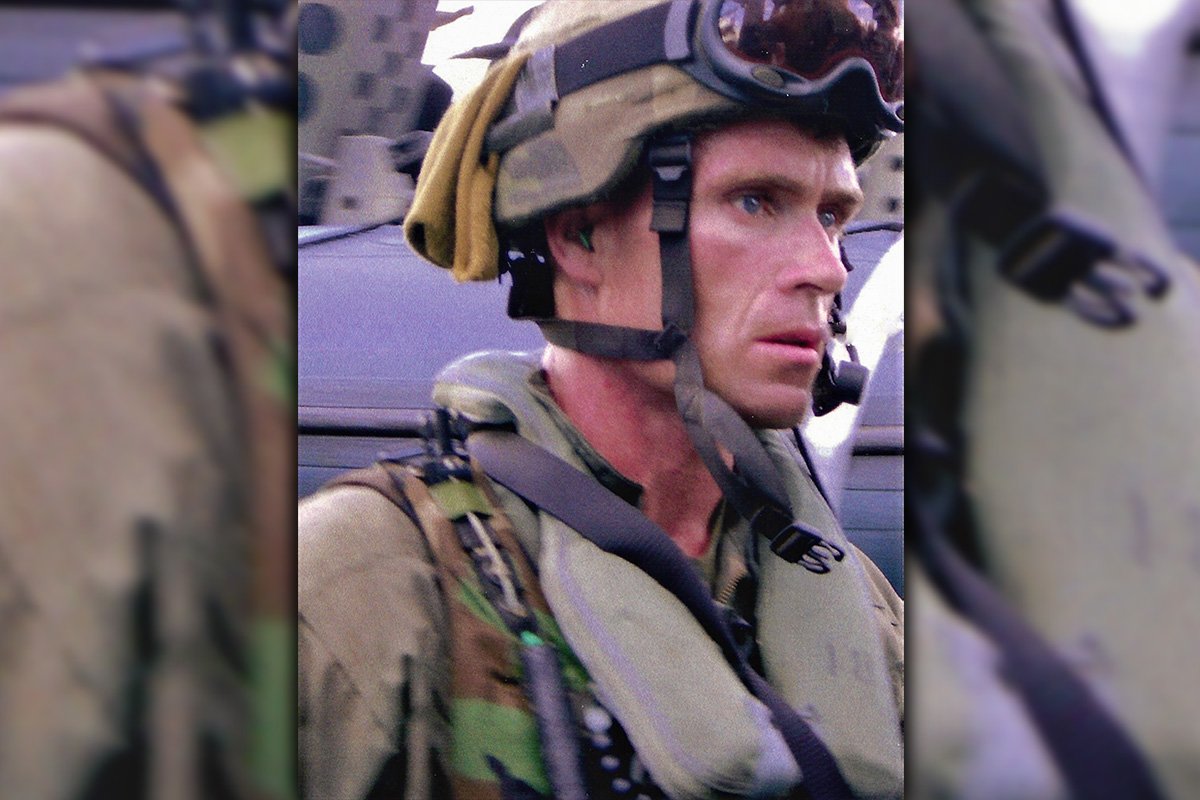
Col. John W. Nicholson, the Army commander in the area, soon apologized to the locals, calling the elite Marines’ actions a “stain on our honor and on the memory of the many Americans who have died defending Afghanistan and the Afghan people.” The US made cash payments to survivors of alleged shooting victims and their families.
Conclusive casualty counts were never reached, and according to trial evidence, no bodies were ever recovered.
Nonetheless, the now-defunct Afghan Independent Human Rights Commission reported as many as 19 deaths and 50 injuries. Days after the incident, Maj. Gen. Frank H. Kearney III, the head of US Special Operations Command Central told The Washington Post the Marines had killed at least 10 people and wounded 33, including children and the elderly. Kearney also told the newspaper there was no evidence the platoon had come under fire after the bombing.
US commanders removed the elite team from Afghanistan, launched an investigation, and brought Galvin and another officer before a Court of Inquiry. The court’s proceedings lasted more than three weeks in January 2008, with much of the testimony off-limits to the media. The court reached its verdict in March of that year, but US Central Command waited until the Friday before Memorial Day to distribute a press release stating that there would be no criminal charges for the Marines, according to The Marine Corps Times.
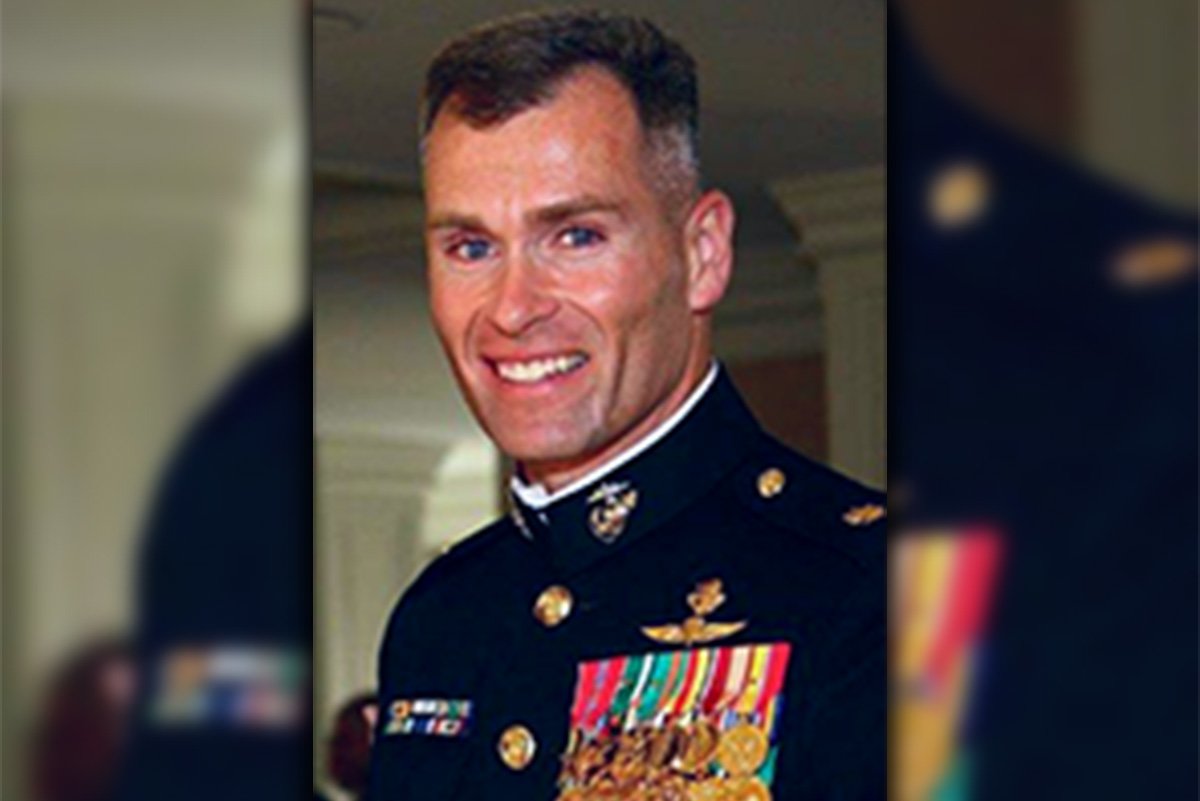
“When we were finally cleared, [the military] didn’t say we were innocent. They said we ‘acted appropriately,’” Galvin told Coffee or Die. “This was the largest number of alleged civilians killed by machine guns in Afghanistan, and they used these mealy-mouthed words.”
The perception that the MARSOC team had gotten away with murder has haunted the members of Fox Company for more than a decade, Galvin said. They’ve never received an official apology, and the closest they came to being publicly exonerated came after a 2018 review by a Navy records board.
According to the report, the Air Force colonel originally appointed to investigate the March 4 attack discounted the statements of the Marines, placed “great weight” on the statements of Afghans, and decided several of the Marines should be charged with negligent homicide. The Navy review also highlighted that the Court of Inquiry concluded the colonel’s “unbalanced approach” to the investigation resulted in “inaccurate conclusions.”
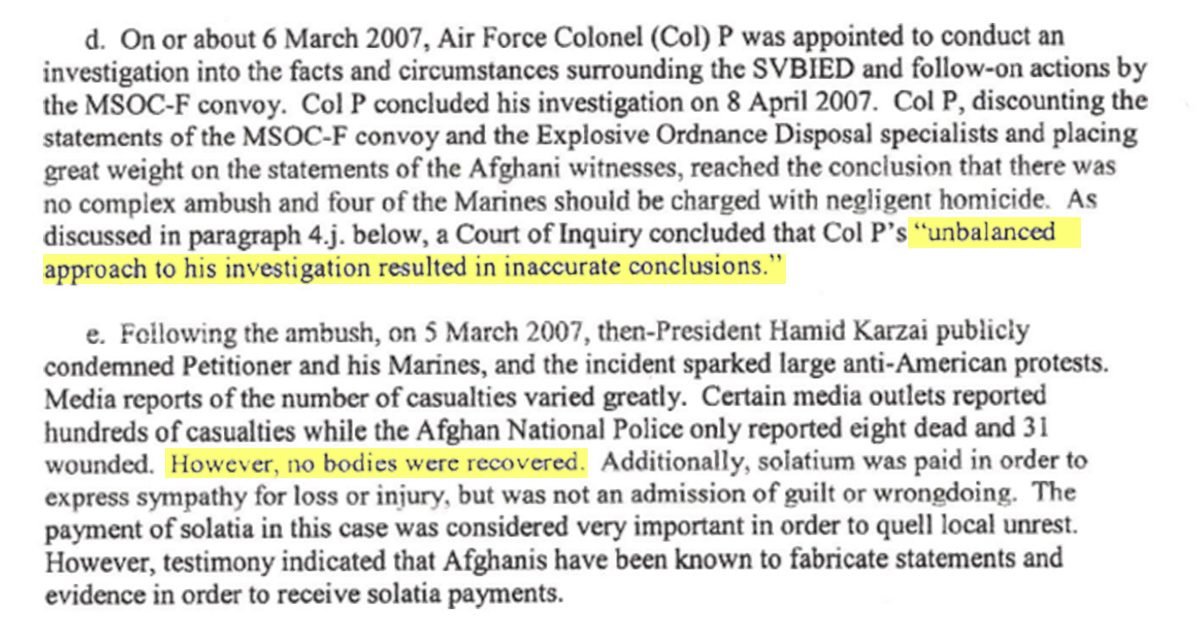
But the war criminal label has proved difficult to shake.
“This was 15 years ago, but to this day, it is burned into people’s brains, and they still believe the narrative that we did something so shameful,” Galvin said.
A Few Bad Men is the culmination of Galvin’s efforts to set the record straight and hold military leaders to account. He fought for years to obtain court records and testimony from the Court of Inquiry and says his co-writer, Sal Manna, used more than 12,000 pages of the newly declassified documents to take readers inside the courtroom.
“The purpose of writing A Few Bad Men is so the American public can see incontrovertible, factual examples of how the senior officers fell on their sword,” Galvin said. “This is not how the military is supposed to be. It’s not supposed to be like a mob. But these guys not only got away with it, they all got promoted. They were handsomely rewarded. America deserves better leaders.”
A Few Bad Men: The True Story of U.S. Marines Ambushed in Afghanistan and Betrayed in America by Fred Galvin with Sal Manna, Post Hill Press, 288 pages, $28.99.
Read Next:

Hannah Ray Lambert is a former staff writer for Coffee or Die who previously covered everything from murder trials to high school trap shooting teams. She spent several months getting tear gassed during the 2020-2021 civil unrest in Portland, Oregon. When she’s not working, Hannah enjoys hiking, reading, and talking about authors and books on her podcast Between Lewis and Lovecraft.
BRCC and Bad Moon Print Press team up for an exclusive, limited-edition T-shirt design!
BRCC partners with Team Room Design for an exclusive T-shirt release!
Thirty Seconds Out has partnered with BRCC for an exclusive shirt design invoking the God of Winter.
Lucas O'Hara of Grizzly Forge has teamed up with BRCC for a badass, exclusive Shirt Club T-shirt design featuring his most popular knife and tiomahawk.
Coffee or Die sits down with one of the graphic designers behind Black Rifle Coffee's signature look and vibe.
Biden will award the Medal of Honor to a Vietnam War Army helicopter pilot who risked his life to save a reconnaissance team from almost certain death.
Ever wonder how much Jack Mandaville would f*ck sh*t up if he went back in time? The American Revolution didn't even see him coming.
A nearly 200-year-old West Point time capsule that at first appeared to yield little more than dust contains hidden treasure, the US Military Academy said.












